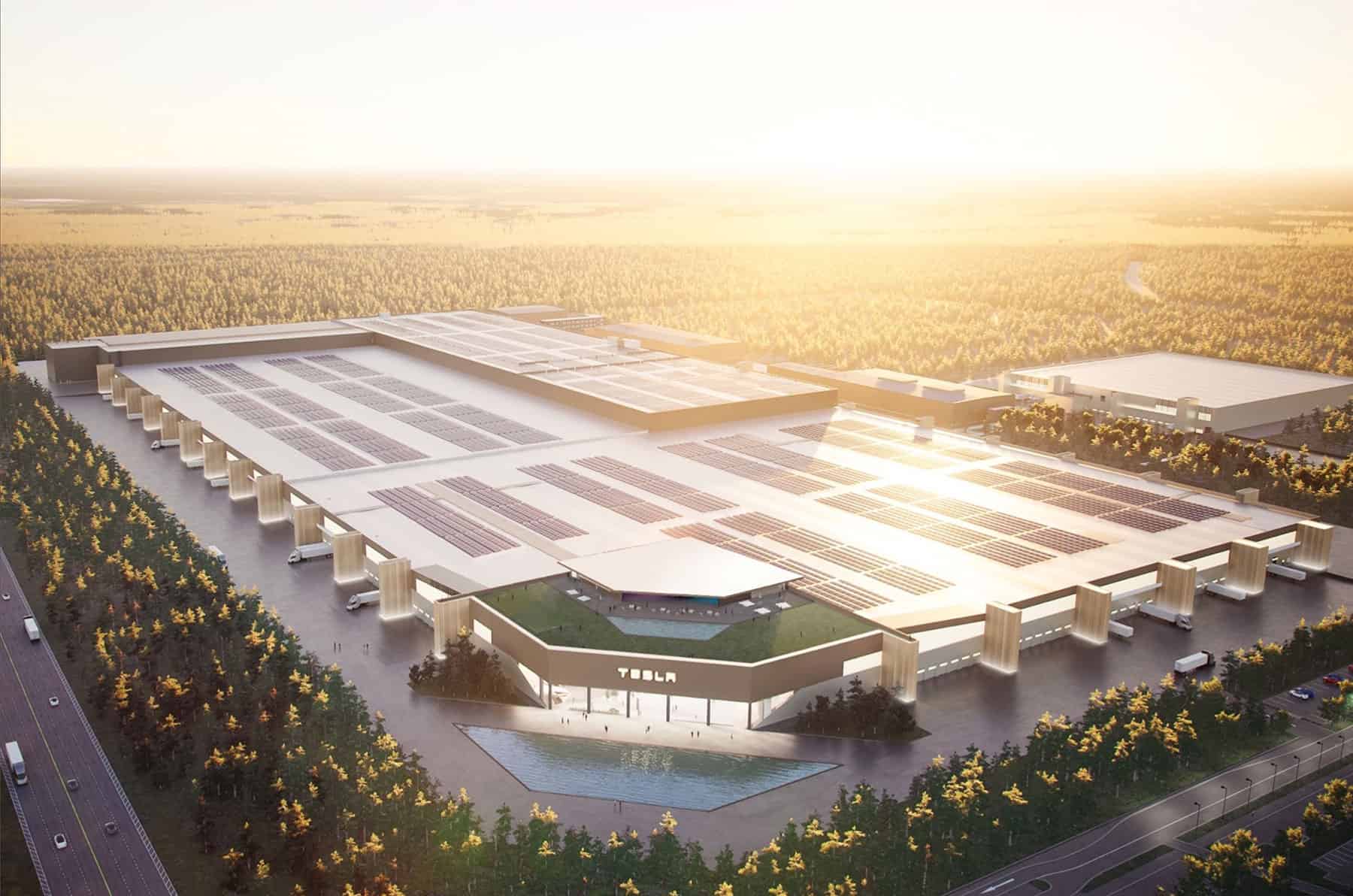
Indian conglomerate Reliance Industries has unveiled a game-changing swappable, multipurpose battery technology for electric vehicles (EVs). These batteries, which can power household appliances through an inverter, are part of Reliance’s larger green initiative involving a $10 billion investment in clean energy projects. The batteries can be swapped at dedicated stations or recharged using household solar panels, adding a new level of flexibility and convenience for users. Reliance has made strategic acquisitions, including battery companies Faradion and Lithium Werks, to bolster its technology capabilities. This battery innovation represents a crucial step towards achieving India’s climate goals.
- Reliance unveils multipurpose EV batteries powering appliances and promoting renewable energy in India.
- Swappable feature reduces charging time, while acquisitions boost battery technology capabilities.
- Ambitious $10B green initiative aims for a net-zero carbon footprint, revolutionizing India’s energy sector.
Bringing power to the people
Reliance Industries, a major player in the Indian oil refining sector, is making significant strides towards a cleaner, more sustainable future. Its newly unveiled swappable and multipurpose battery storage technology for electric vehicles (EVs) heralds a revolution in how power is consumed and managed, not just for mobility but also for home use.
The company’s ambitious vision doesn’t stop at EVs. The removable batteries can also power household appliances through an inverter, a feature that promises to make renewable energy more accessible and convenient for the average Indian household. This dual-use functionality represents a groundbreaking shift in how we perceive the role of batteries in our everyday lives.
Swapping out the old for the new
One of the key features of this innovative technology is its swappability. Users can exchange their depleted batteries at Reliance’s dedicated swap stations for fully charged ones, eliminating the need for lengthy charging periods.
Alternatively, households with rooftop solar panels can recharge the batteries at home, thus promoting the use of renewable energy. In a country where the high cost of imported batteries and a lack of charging infrastructure have been major barriers to the widespread adoption of electric vehicles, this feature is a game-changer.
Building a green empire
Reliance Industries’ push towards cleaner energy isn’t limited to this innovative battery technology. The company, led by Indian billionaire Mukesh Ambani, has a larger green initiative involving a $10 billion investment in clean energy projects.

As part of this initiative, Reliance Industries has acquired two battery companies, Faradion and Lithium Werks, to strengthen its technology portfolio and fast-track the commercialisation of sodium-ion battery technology. The company plans to establish a 5 GWh battery manufacturing facility by 2026 and aims to create a fully integrated ecosystem for battery production.
Looking to the future
Reliance Industries’ commitment to green energy extends well beyond the next few years. The company has announced plans to set up four ‘giga factories’ in Jamnagar, India, to produce integrated solar PV modules, electrolyzers, fuel cells, and batteries for grid energy storage.
In addition to this, the company aims to establish 100 compressed biogas plants and set up 100 GW of solar energy capacity by 2030[4]. The ultimate goal? To become net zero carbon by 2035 and to revolutionise India’s energy sector in the process.








